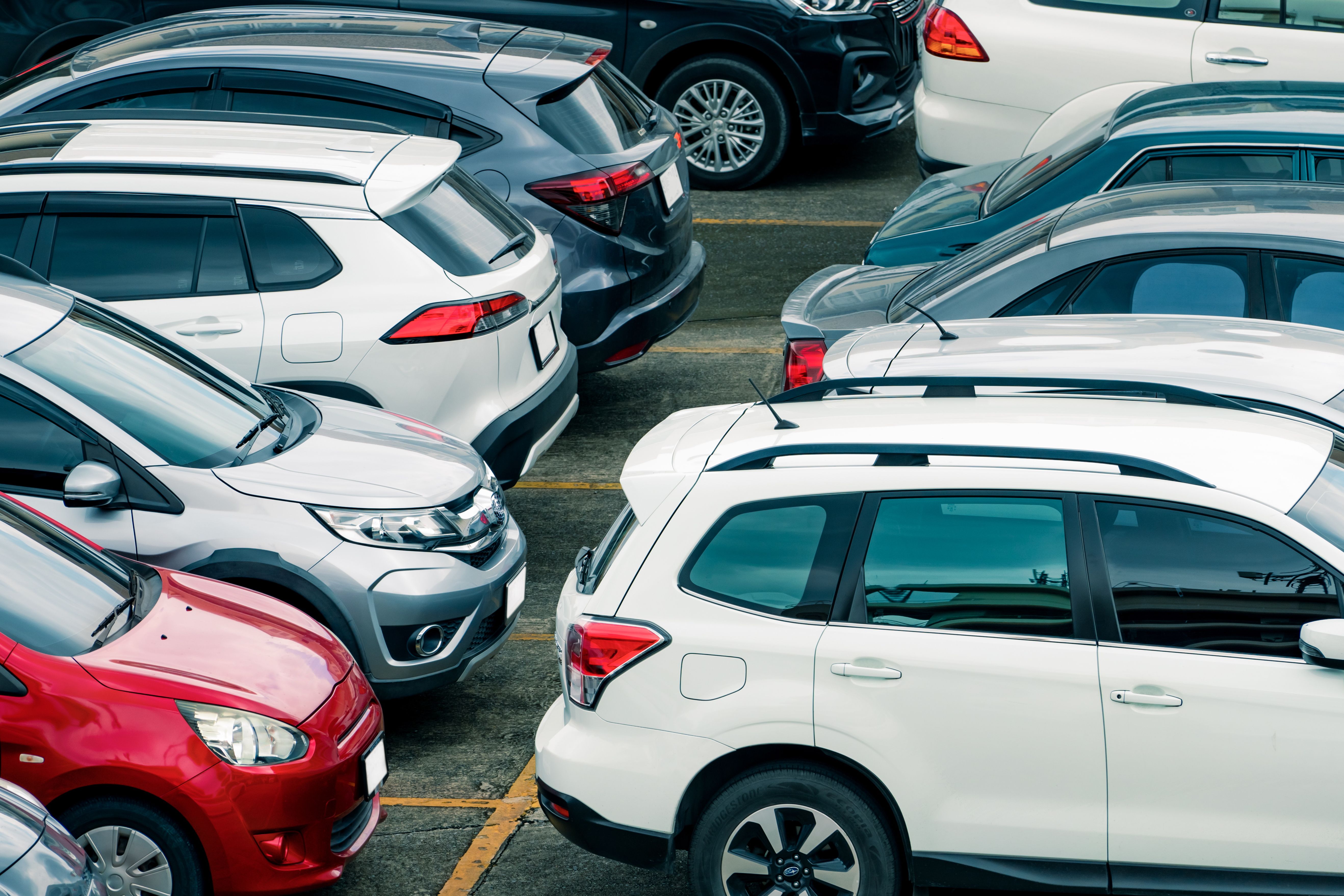
The European Transport Safety Council has labeled it as a “tragic event that could have been prevented”. This incident has sparked renewed discussions about the use of SUVs on urban roads throughout Europe.
In certain affluent neighborhoods in Dublin, owners of SUVs have recently become the targets of a group calling themselves the Tyre Extinguishers. This group has been deflating tires as part of their sustained campaign to make it “impossible to own an SUV in urban areas worldwide” due to concerns about climate change, health, and public safety.
While the act of deflating tires is condemned by affected residents and local politicians as vandalism, it is difficult to completely dismiss the concerns behind these actions. SUVs, which were once mainly used by farmers and construction workers, have now become the vehicle of choice for many.
But what exactly is an SUV? This term now encompasses everything from elevated hatchbacks to pickup trucks. However, the primary issue lies in the size of these vehicles. The growing preference for larger cars poses a safety hazard.
According to a study published in the journal Nature, the likelihood of fatalities in a collision with another vehicle increases by 12% for every 500kg difference in weight between the vehicles. The risks are even more significant for pedestrians and cyclists. Research from Traffic Injury Prevention reveals that collisions between SUVs and cyclists result in more severe injuries compared to collisions with cars, particularly in terms of head injuries. A prior study in the same publication concluded that SUVs are disproportionately more likely to injure or kill pedestrians compared to cars.
Given the evident risks to other road users, why do people still opt for larger cars? Paradoxically, many individuals choose them because they believe these vehicles provide greater safety. Car manufacturers also promote SUVs as the safest transportation option for protecting their loved ones. Volvo, in particular, is known for advertising their SUVs with claims such as “our SUVs give you better visibility, more confidence, and help keep you and your loved ones safe”.
To discourage the sales of heavier vehicles, many countries are implementing weight-based taxes. In France, for example, new cars registered in 2021 are subject to a weight tax, with vehicles weighing over 1,800kg being taxed at a rate of €10 for every additional kilogram.
Cities like Washington, Montreal, and Norway have already introduced weight-based fees, and there are proposals to implement similar measures in New York and California. Just recently, Paris city councillors approved a higher parking charge for owners of large, heavy cars.
However, it raises the question of whether it is fair for owners of larger cars to pay additional taxes and fees. Economists argue that these charges are justified due to the externalities associated with heavier vehicles, which impose costs on others. By increasing taxes based on vehicle weight, sales of heavier vehicles can be discouraged, and consumers can be incentivized to purchase lighter and more environmentally friendly options.
Furthermore, heavier vehicles contribute more to particulate pollution from tire wear, cause greater road damage, and require more resources for manufacturing and propulsion, leading to increased emissions and energy consumption.
Even electric cars are not exempt from these concerns. Experts argue that the progress made in reducing emissions through electric vehicles is being undermined by the surge in heavy car usage, regardless of their power source.
The issue of larger cars on our roads is a significant problem. Despite smaller family sizes, the size of cars continues to increase. However, it is important to remember that car buyers come from diverse backgrounds. Some elderly individuals and those with mobility limitations prefer higher vehicles for ease of access, while others are drawn to SUVs due to their rugged design, believing they offer better performance in challenging weather conditions.
Denial of responsibility! VigourTimes is an automatic aggregator of Global media. In each content, the hyperlink to the primary source is specified. All trademarks belong to their rightful owners, and all materials to their authors. For any complaint, please reach us at – [email protected]. We will take necessary action within 24 hours.


